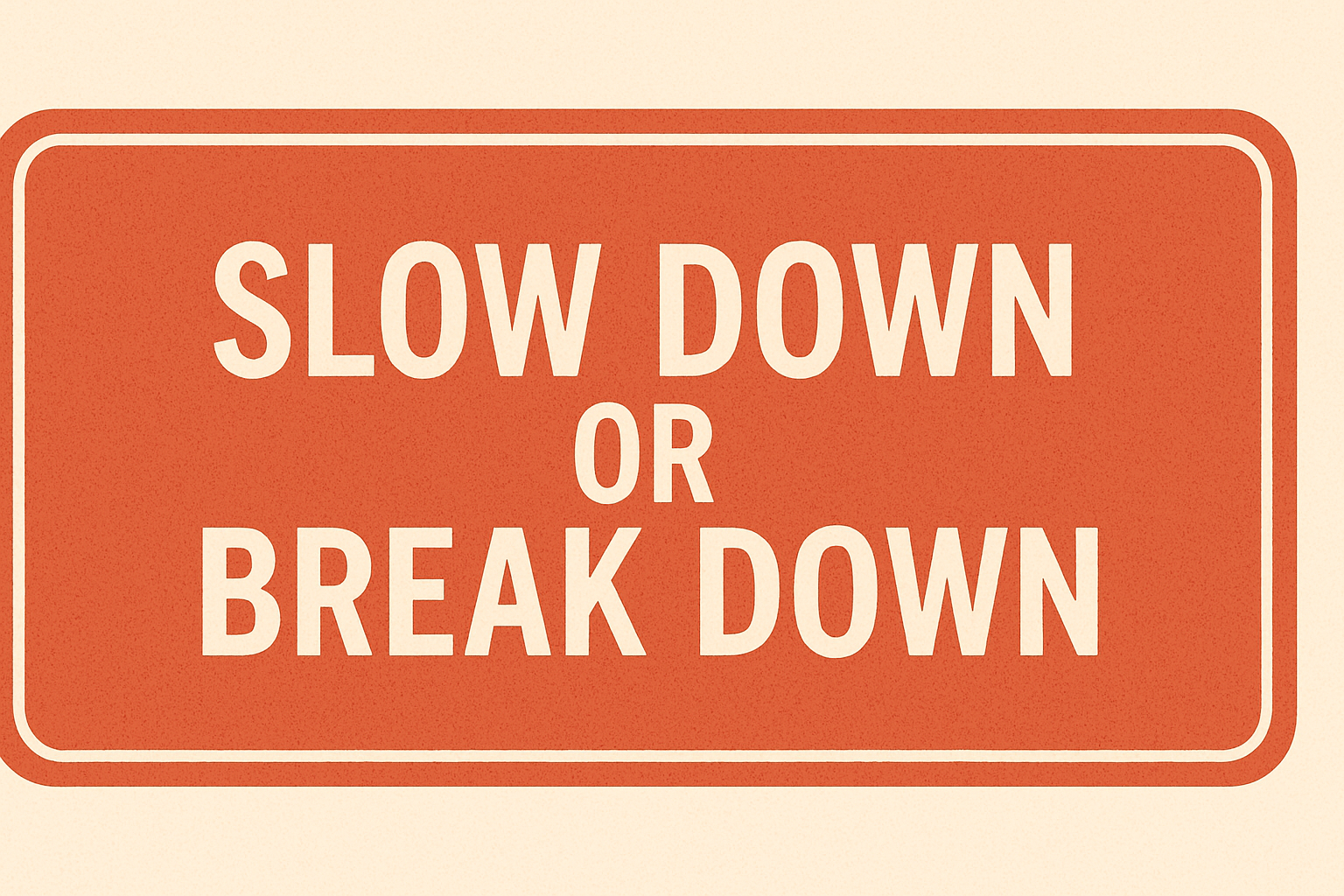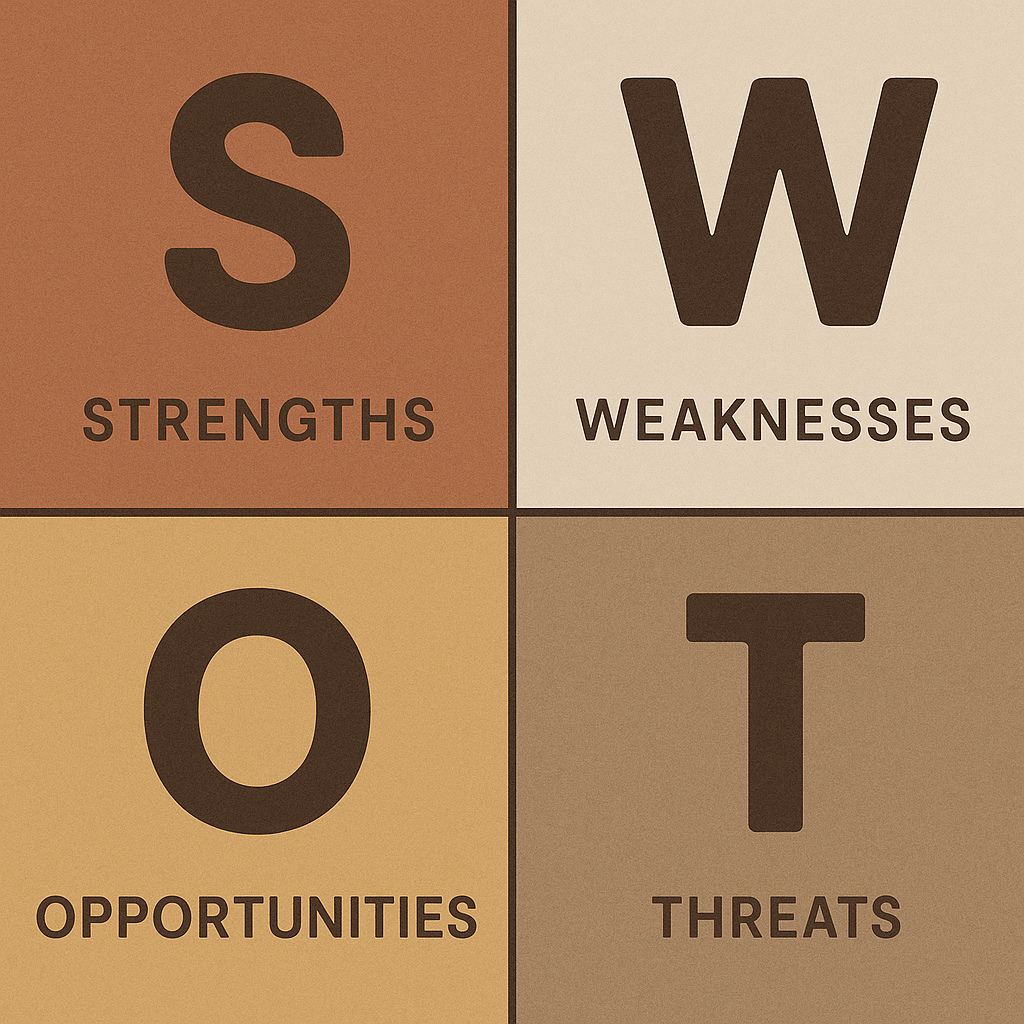Habits, Not Hacks: Stories and Strategies for Grad School That Stick
Our goal is to infuse the grad school conversation with emotional intelligence, resilience, and sustainable success - exactly what many students crave but often struggle to articulate. This story-driven, reflective series tailored for the unique challenges of academic life. Through short essays, mini-memoirs, and hard-earned lessons, we spotlight small but meaningful habits that make academic life more livable and less overwhelming.
Each habit also comes with a companion PI/Supervisor Edition, because sustainable success in grad school isn’t a solo effort.
All names and scenarios are fictional or composite. Any resemblance to real people is coincidental. Stories are crafted to illustrate common experiences in research training.

Habit, Not Hack: Asking Questions
Researchers often hesitate to ask for fear of sounding needy or unprofessional. But clear, timely, and courteous questions, whether requesting feedback, reagents, or insight, are essential to scientific progress. This post provides a guide for proper inquiry - a skill that serves as a catalyst for collaboration, clarity, and moving your work forward.

Habit, Not Hack: Asking Questions (PI Edition)
Many trainees hesitate to ask questions, fearing they may appear unprofessional or disruptive. Your responsibility as a PI exceeds directing experiments, you shape the lab culture. By actively encouraging clear queries, respecting team member timelines, and modeling gracious follow-up, you transform hesitation into confidence.

Habit, Not Hack: Define Your Own Win
In research, everyone’s path looks different, so why compare timelines? Learn how to track your own progress, draw inspiration from others without self-judgment, and build momentum at your own pace. Because success isn’t about how fast you go, it’s about moving in the right direction.

Habit, Not Hack – Define Your Own Win (PI Edition)
Comparing students to past lab stars might seem harmless, but it can quietly erode confidence and trust. Learn how to support individual growth, celebrate diverse strengths, and build a lab culture rooted in calibration, not comparison.

Habit, Not Hack – Rest Without Apology
Many grad students struggle to step away from the work without guilt. But rest isn’t a reward - it’s a research essential. Learn why breaks matter, how to schedule recovery with intention, and why guilt is often just a byproduct of a broken system, not a reflection of your commitment.

Habit, Not Hack – Rest Without Apology (PI Edition)
When PIs model rest without guilt, the whole lab benefits. Learn how modeling rest, setting seasonal expectations, and saying the quiet part out loud (“You don’t have to earn a break”) can help create a healthier, more sustainable research culture.

Habit, Not Hack: Park the Ego, Protect the Research
In research spaces, unchecked ego can silence curiosity and stall collaboration. This post explores how one lab shifted from defensiveness to open dialogue by normalizing humility, modeling healthy feedback, and prioritizing psychological safety.

Habit, Not Hack: Park the Ego, Protect the Research (PI Edition)
Learn how to build a research environment where inquiry is protected, feedback is welcomed, and silence isn’t mistaken for respect.

Habit, Not Hack: Nurturing Strengths and Accepting Weaknesses
Feeling average in grad school? You’re not alone and you’re not falling behind. You don’t need to master everything to succeed in grad school, you just need to know what you’re great at and stay open to growth. Learn why being coachable matters more than being flawless, and how to turn self-awareness into your most powerful academic advantage.

Habit, Not Hack: Nurturing Strengths and Accepting Weaknesses (PI Edition)
Great mentors don’t just assign tasks, they develop people. Learn how to lead with strengths, coach through challenges, and support real growth in your trainees. Build a lab culture where researchers thrive, not just produce.

Habit, Not Hack: Time Tactics That Stick
If your perfect planner keeps falling apart by midweek, you’re not alone and you’re not failing. Grad school time management isn’t about flawless calendars or color-coded routines. It’s about building a flexible system that keeps moving when experiments fail, meetings shift, and life gets messy. This guide will help you ditch productivity guilt, build buffers, create realistic Plan Bs, and track momentum (not just tasks). Because the goal isn’t perfection, it’s resilience.

Habit, Not Hack: Time Tactics That Stick (PI Edition)
Struggling with student deadlines, late experiments, or missed milestones? This post reframes time management in the lab not as a battle over schedules, but as a practice in building resilience systems. Learn how to coach adaptive planning, model real-world deadline handling, and shift your lab culture from reactive chaos to intentional, flexible execution.